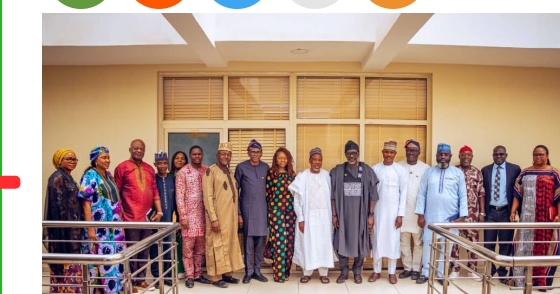In a bid to enhance public safety and regulatory enforcement, the National Insurance Commission (NAICOM) and the Nigerian Electricity Management Services Agency (NEMSA) signed Memorandum of Understanding to
underscore a shared commitment in ensuring compliance with electrical safety regulations and insurance requirements, reinforcing the protection of lives and property across Nigeria.
Reflecting on the significance of this collaboration, industry stakeholders recall years of fragmented enforcement, where electrical accidents led to substantial financial losses and fatalities.
” The absence of a structured mechanism linking technical certification with insurance coverage had left gaps in consumer protection’
‘This historic MoU aims to bridge that divide by ensuring that electrical installations in residential, commercial, and industrial spaces are both technically certified and adequately insured”
Managing Director/CEO of NEMSA, Engr. Aliyu Tahir reiterated the agency’s mission to uphold technical standards through inspections, testing, and certification of electrical infrastructure. He says , that the partnership with NAICOM would not only enhance compliance but also mitigate risks that have long threatened businesses and households.
Commissioner for Insurance, Olusegun Ayo Omosehin, described the agreement as a “landmark strategy” that will drive economic resilience by aligning regulatory oversight with proactive risk management.
“For NAICOM, this MoU represents a significant stride in deepening insurance penetration in critical sectors’
His deputy, Dr. Usman Jankara, reinforced NAICOM’s dedication to ensuring seamless execution, emphasizing that collaboration is key to achieving measurable progress.
“This MoU serves as a reflection of Nigeria’s evolving regulatory landscape—one that prioritizes preventive measures over reactive responses. By intertwining technical enforcement with insurance compliance, NAICOM and NEMSA have set a new precedent in safeguarding national infrastructure and consumer welfare. The legacy of this partnership will likely be measured not only in reduced electrical hazards but also in a more structured and resilient insurance ecosystem, fostering long-term economic stability”.


